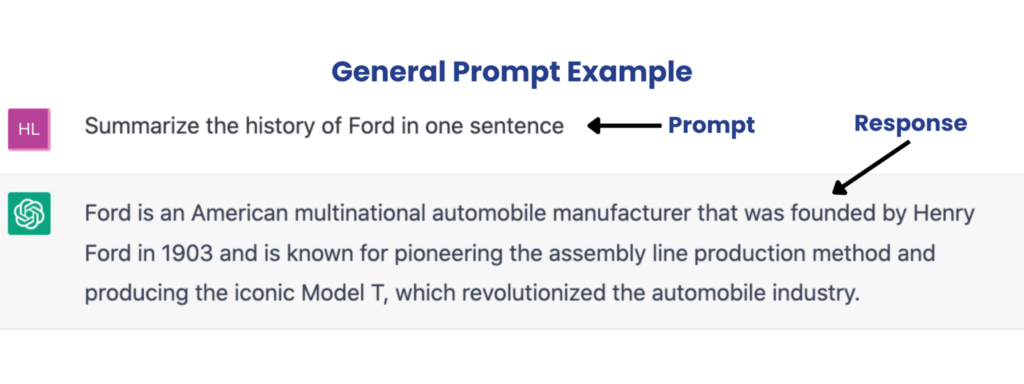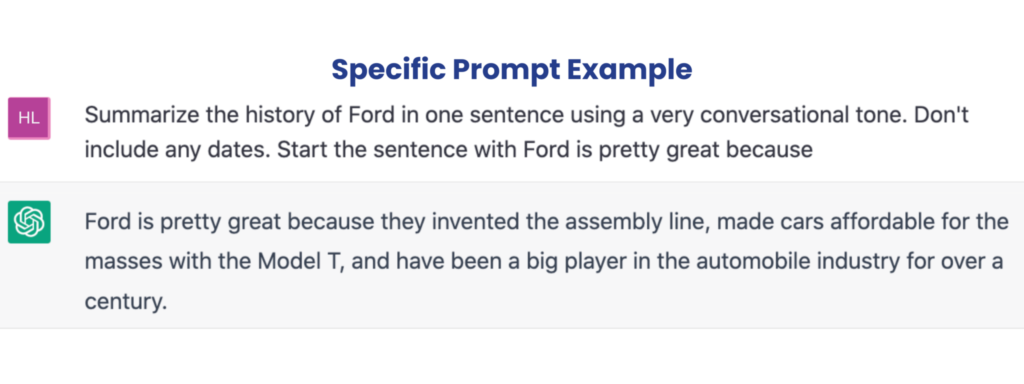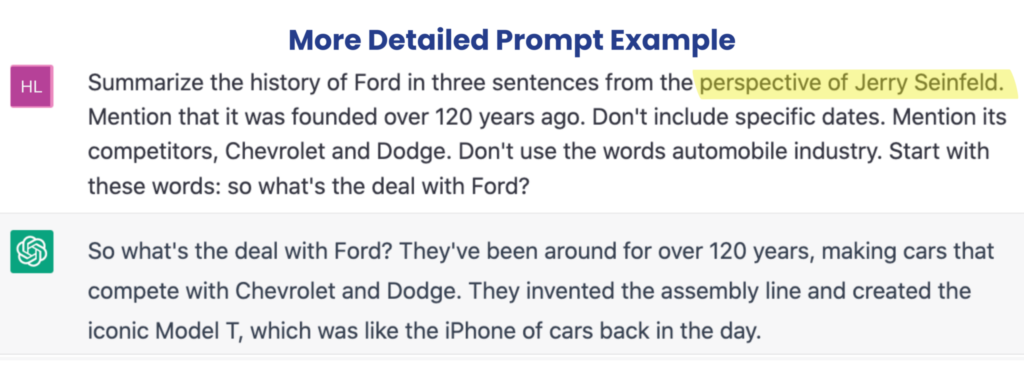Can plagiarism checkers catch ChatGPT?
Some plagiarism checkers are pretty good, but can they catch ChatGPT? Ehhh… not really. But you still have options to stop ChatGPT from being used.
This article will show you:
– A simple analogy of how ChatGPT works with real examples
– How plagiarism checkers work & why they can’t catch ChatGPT
– Proctoring software that can prevent the use of ChatGPT during written activities
It compares written text submissions to its database of content. Some plagiarism checkers only find exact matches, but others can identify paraphrasing.
ChatGPT does not plagiarize.
ChatGPT was trained WITH internet resources, but it doesn’t copy content FROM the internet.
– You learn from articles, textbooks, research, instructors, lectures, etc.
– But you don’t regurgitate that information word-for word.
– You understand what you learned, make connections, and apply it in different ways.
That’s basically how ChatGPT works. It learns, makes connections, and writes tailored responses based on the prompts it’s given. ChatGPT writes like a person because it receives human feedback that refines its responses.
Yes, some plagiarism checkers only check for ChatGPT plagiarism. Sounds good, but they basically just group responses to really general prompts.
These won’t catch ChatGPT because detailed prompts produce tailored responses that won’t be detected by plagiarism detection software. To show you what we mean, here are some of ChatGPT’s responses that change based on the details in the prompts. While the “General Prompt” may eventually be grouped, the others won’t be.


Prompts can be more detailed, and you can even have them written from a specific person’s perspective, like the example below.

ChatGPT gets its information from the 300 billion words it was trained on from internet resources, like articles, research, websites, etc.*
Example: If participants have an idea of the topic they’ll need to write about during the written assignment/exam, they could copy and paste a written response from ChatGPT.
Honorlock’s proctoring software prevents participants from copying and pasting, and it flags the action.
Example: Participants try to open a different browser tab to use ChatGPT.
Honorlock’s BrowserGuard prevents participants from opening other browsers and applications. It also allows you to give access to specific sites while still blocking others. For example, participants can access a research study, but can’t still access ChatGPT.
Example: Participants can use voice commands and dictation on their phones to have Alexa or Siri open ChatGPT, ask specific prompts, and read the responses aloud.
Honorlock’s smart Voice Detection listens for specific things like “Hey Siri,” “Alexa,” and “OK Google.” It also records and transcribes what’s said and alerts a live proctor.
Example: A participant uses ChatGPT on a cell phone that’s out of view of the webcam.
With Honorlock, instructors have the option to require participants to complete a roomscan that checks for unauthorized resources that could be used to access ChatGPT and even other people.
Honorlock records the participants’ desktops during the written activity and/or exam and requires them to disconnect secondary monitors. Instructors can watch time-stamped exam recordings and review in-depth reports.
Honorlock can detect if a participant attempts to access test bank content using a cell phone or other devices during the written activity.
Our ID verification process is quick and simple. It captures a picture of the test-taker along with their photo ID in about 60 seconds.
Have you ever found your test content leaked on sites like Quizlet, Chegg, or Reddit? Honorlock can help.
Our Search and Destroy™ technology scours the internet for your leaked test content and gives you the ability to send takedown requests with one click.
